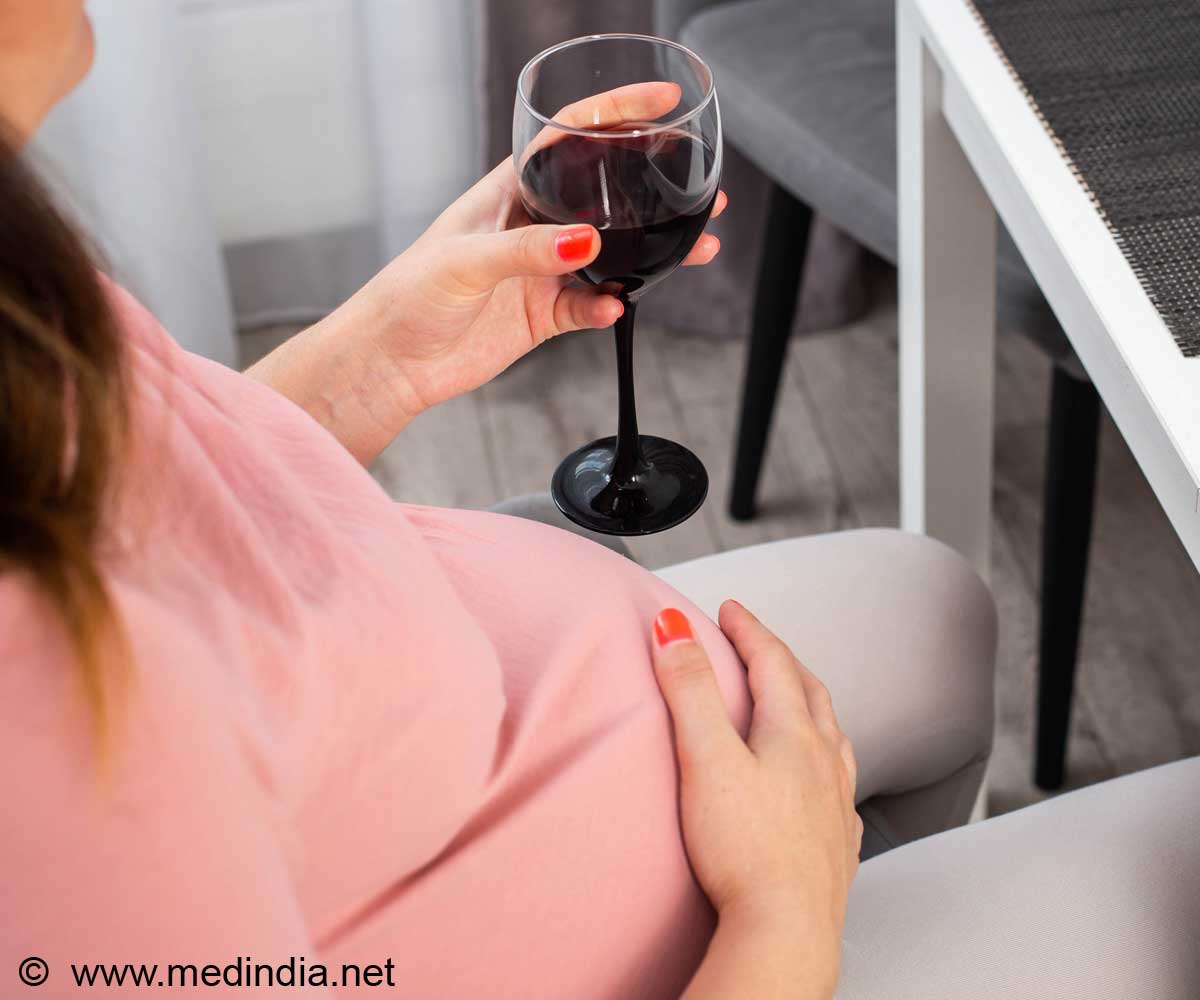
The researchers have produced five papers looking at the effects of low, moderate, high and binge drinking on five year olds. Women were recruited from the Danish National Birth Cohort at their first antenatal visit.
Low average weekly alcohol consumption was defined as 1-4 drinks per week, moderate as 5-8 drinks per week and high levels as 9 or more drinks per week. Binge drinking was defined as intake of 5 or more drinks on a single occasion. Participants who did not drink during pregnancy were included as the unexposed reference group.
The definition of a drink in these papers comes from the Danish National Board of Health, which states one standard drink is equal to 12 grams of pure alcohol. However, the amount of alcohol in a standard drink varies significantly from country to country. In the UK the volume of alcohol in a drink is measured in units and one unit of alcohol is defined as 7.9 grams.
1,628 women took part in the studies. The average maternal age was 30.9 years, 50.1 percent were first-time mothers, 12.1 percent were single and 31.4 percent reported smoking during pregnancy.
The papers looked at the effects of alcohol on IQ, attention span, executive functions such as planning, organisation, and self-control in five year old children.
Advertisement
However one finding showed that high levels of alcohol, intake of 9 or more drinks per week, was associated with lower attention span amongst five year olds.
Advertisement
Child outcome measures and maternal IQ were obtained during a 3-hour assessment at a university or health clinic site. Children's intelligence was assessed with the Wechsler Primary and Preschool Scales of Intelligence-Revised (WPPSI-R). It consists of five verbal subtests and five performance (non-verbal) subtests.
In conclusion the authors of the papers state that it remains the most conservative advice for women to abstain from alcohol during pregnancy, however, small amounts may not present serious concern.
The researchers behind the study include, Ulrik Schioler Kesmodel, Consultant Gynaecologist and Associate Professor at Aarhus University and Aarhus University Hospital, and Erik Lykke Mortensen, Professor of Medical Psychology at the Institute of Public Health, Medical Psychology Unit, University of Copenhagen, Denmark and others.
"High prenatal exposure to alcohol has consistently been associated with adverse effects on neurodevelopment. Areas such as intelligence, attention and executive functions have been found to be particularly vulnerable. However, less is known about the effects of low to moderate, weekly average consumption levels and binge drinking," they said.
"Our findings show that low to moderate drinking is not associated with adverse effects on the children aged five. However, despite these findings, additional large scale studies should be undertaken to further investigate the possible effects," they added.
The findings were published in BJOG: An International Journal of Obstetrics and Gynaecology.
Source-ANI















